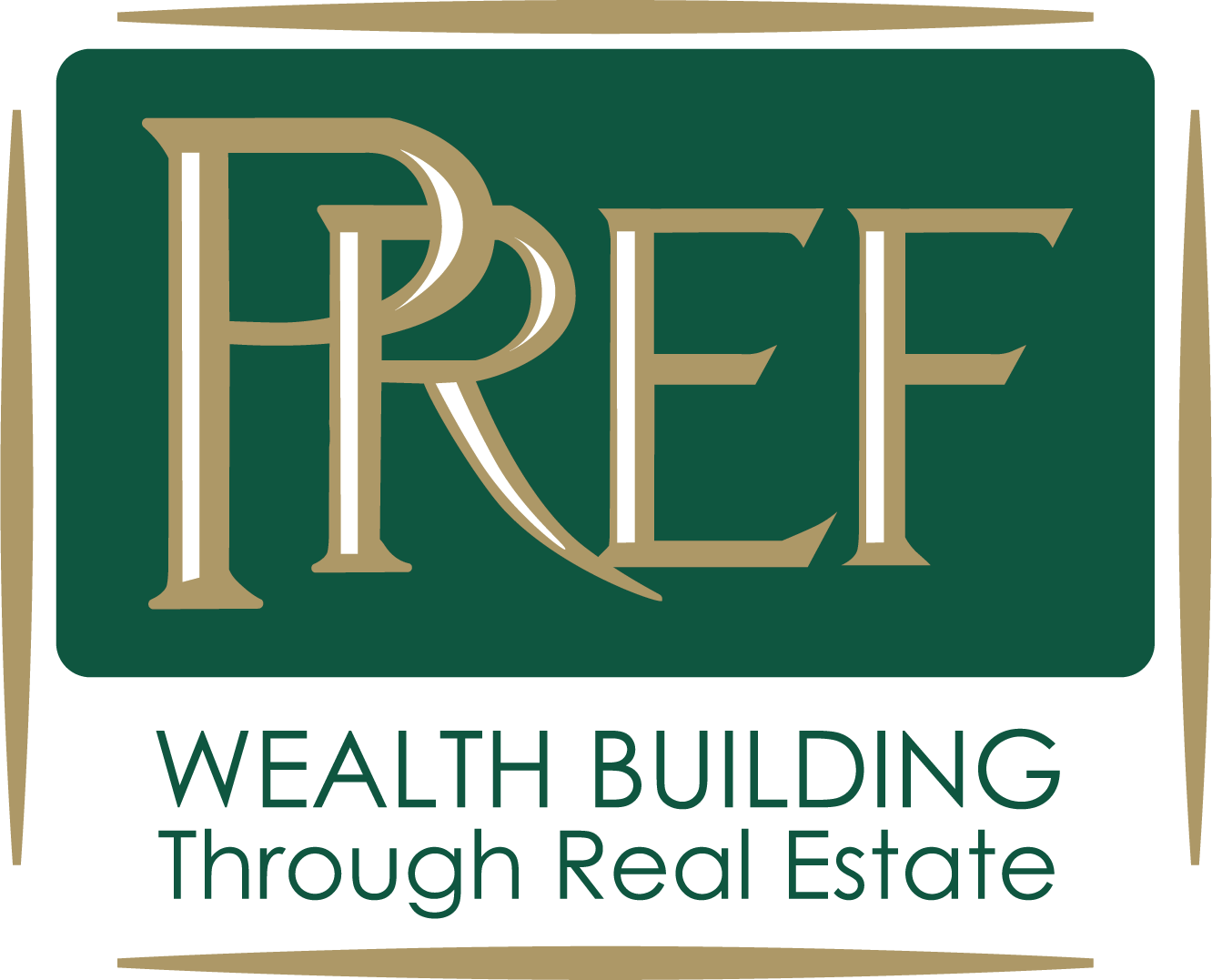DRED: Death and Real Estate Decisions
Most people view making decisions about death with dread. Therefore, the made-up acronym DRED to represent the topic of Death and Real Estate Decisions makes sense. No one likes to think about his own demise, but it is important to make smart decisions now, especially if you own real estate.
Major Transfer of Wealth Impending
With the impending retirement and eventual demise of the Baby Boomers, we will soon experience one of the largest transfers of wealth in history.
The transfer of wealth from the Greatest Generation to their Baby Boomer children, while significant, was not that great. The earlier generation grew up during the Great Depression, followed by World War II, and thus lost significant time to build wealth. Baby Boomers, on the other hand, have known predominantly prosperous times with only short-term and relatively minor setbacks, thus resulting in considerably more wealth to transfer to their children.
Who Owns Real Estate?
That is a good question. In the 1940s, ‘50s and ‘60s, real estate was narrowly owned by business owners, real estate developers and a very high-net worth family. It was considered a high-risk alternative investment which very few people could afford. That changed in the late 1970s and early 1980s with the advent of REITs and real estate syndication.
With the acceleration of wealth in the past 30 years and more creative investment vehicles (i.e. limited liability companies, crowdfunding, etc.), real estate has become a more mainstream investment, favored by a broader cross section of everyday investors looking to diversify their portfolios.
Despite this, the implications of real estate ownership (such as its illiquidity and valuation subjectivity) have not really changed. For these reasons and often ownership complexity, it is important to have a plan for the handling of this asset upon one’s death.
Planning Pointers
- Consider setting up a trust with specific instructions and a trustee that understands real estate. Leaving real estate strategy to a court with family involvement is not a good option. (Consult an estate attorney.)
- Consider the tax implications. Stepped up basis is good for your heirs, but increases the value of your estate. (Consult your CPA.)
- Periodically update your investment strategy, combining market and property conditions and tax considerations.
- Review partnership operating agreements, so you understand what happens to your interest(s) upon your demise.
- Consider giving your heirs partial interests over time. This is a great way to transfer ownership and save taxes. (Consult your CPA.)
- Consider your family situation. Spouses and children have different needs and agendas. Dividing the assets equally amongst your children is not always a good solution.
- If your real estate holding is significant, designate an unbiased professional, manage the assets and make strategic decisions based on real estate fundamentals.
- As much as is possible, remove emotion from the decisions.
Stan’s Takeaway
Aptly named, DRED is a real thing that needs your attention during life. And having the appropriate consultant to help you through this process could be beneficial as DRED requires not only quantitative, but also qualitative considerations.
Here’s my final takeaways:
- Properly set-up your arrangements early on. You can update the strategy as the real estate and family situations change.
- Be aware of your family needs. Do not leave real estate to a family member who has no interest and no expertise. Often, kids just want the money, but this needs to be done thoughtfully.
- Work with a seasoned professional who understands real estate and will do what is right for your family, not just sell your property to make a fee.
PREF uses its wealth of industry knowledge and expertise to provide these consulting services to clients.



